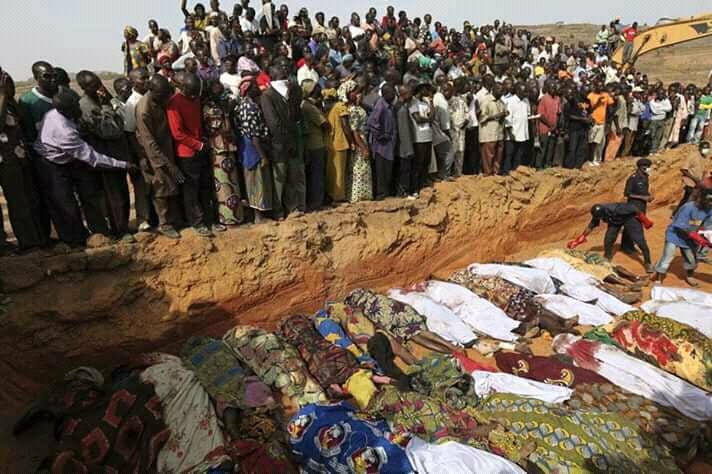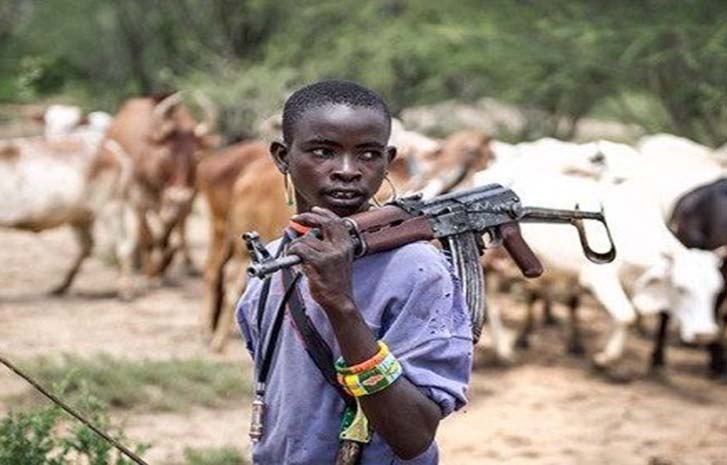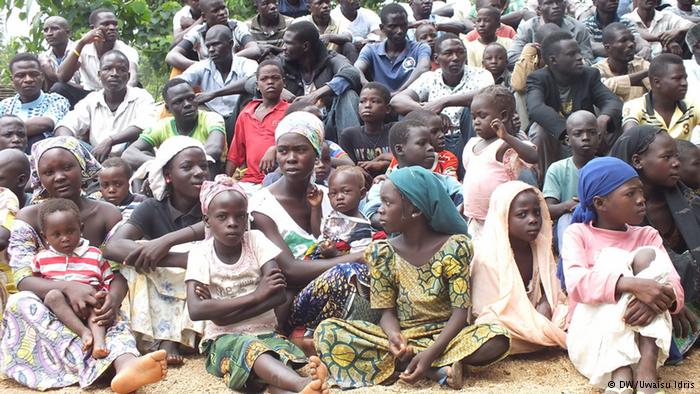The wife of a Boko Haram commander, 25- year-old Aisha, who was among the 70 women and children who had in February finished a nine-month de-radicalisation programme after being rescued has fled back into the forest, to rejoin her husband, National Daily has gathered.
Last month Aisha vanished from her family home in Borno’s state capital Maiduguri, taking the baby boy fathered by her Boko Haram husband and some of her clothes, according to her younger sister Bintu Yerima.
According to findings by National Daily, before leaving the house, Aisha was said to have received a phone call from a woman who was with her during the programme, telling her that she had returned to the Sambisa forest.
Phone calls to Aisha after she disappeared went unanswered, and her mobile has since been switched off, her sister added.
Fatima Akilu, a psychologist and head of the Neem Foundation, an anti-extremism group which ran the state-backed programme, said she had heard that some of the women who were under her care, including Aisha, had gone back to Boko Haram.
ALSO SEE: Airforce bombardment forces Boko Haram to accept negotiation – AVM Bello (retd)
“When you have fathers, husbands, sons and brothers who are still in the movement, they (the women) want to be reunited … to go back to a place where they feel they belong,” added Akilu.
Thousands of girls and women have been abducted by Boko Haram since 2009 – most notably the more than 200 Chibok girls snatched one night from their school in April 2014 – with many of them used as cooks, sex slaves, and even suicide bombers.
Yet some of these women, like Aisha, say they managed to gain respect, influence and standing within the militant group.
Aisha told the Thomson Reuters Foundation earlier this year that other women kidnapped by Boko Haram were given to her as “slaves” because she was married to leading militant Mamman Nur.
Seduced by the power, and disenchanted with the domestic drudgery of their everyday lives, women are far more difficult than men to deradicalise and reintegrate into their communities, said Akilu, who called for more support for the former captives.
“Women often come out successful from deradicalisation programmes, but they struggle in the community,” Akilu said. “Some face a lot of stigma. They feel like pariahs.”
Many Nigerians fear women abducted by Boko Haram have been radicalised and may recruit others or commit violence once they return home, and that their children born of rape may have been tainted by the “bad blood” of the militants, according to a 2016 report by charity International Alert and the U.N. children’s agency (UNICEF).

 Entertainment5 days ago
Entertainment5 days ago
 Health1 week ago
Health1 week ago
 Health4 days ago
Health4 days ago
 Football1 week ago
Football1 week ago
 Football1 week ago
Football1 week ago
 Crime4 days ago
Crime4 days ago
 Education6 days ago
Education6 days ago
 Crime1 week ago
Crime1 week ago







